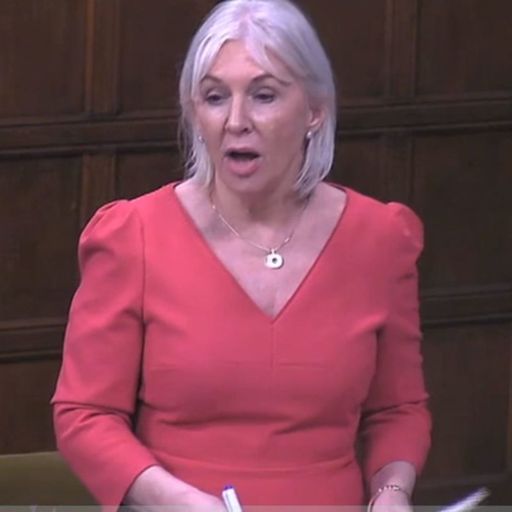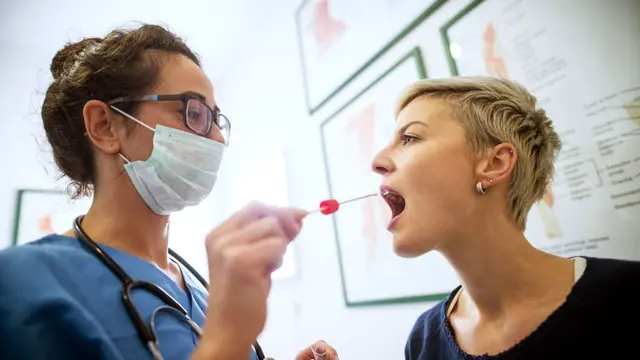People who have contracted coronavirus are at their most contagious early after becoming infected and potentially before even displaying symptoms, according to a new study.
The research suggests why the
coronavirus
outbreak and its related disease **COVID-19
** have spread so quickly around the world since the first cases were detected in December, with now more than 119,000 confirmed cases globally and 4,290 deaths.
Scientists in Berlin and Munich conducted the study, which is still awaiting peer review, by analysing clinical data from patients who have been diagnosed with COVID-19 and checking them with throat swabs.

Coronavirus: The infection numbers in real time
Research from the scientists at the Bundeswehr Institute of Microbiology found that transmissions are likely being driven by the coronavirus' high rate of viral shedding.
This refers to the process of the virus replicating itself and then spreading into other parts of the host's body or the environment where they could continue the process, early on in infection.
The highest levels of virus were found in the throats of patients in the earliest stages of infection and before they feel unwell, which is when they are most likely to be walking about and coughing, spreading the virus.
A range of samples were taken from patients, including sputum (saliva and mucus), blood, urine and stool to see if it was possible to grow viruses from the resulting cultures - a strong indication of whether the patients were still contagious.
They found that viral shedding had typically stopped for most patients by day five of the infection in milder cases, although much of the spread would have taken place already by then.
In the most serious cases when patients had developed coronavirus-related pneumonia, they continued to display high levels of viral shedding until day 11.

Coronavirus: How to protect yourself and others
But the researchers crucially found that with those who had only milder cases of coronavirus, they could not re-grow any virus cells from throat swabs of sputum specimens after the eighth day of the infection.
It takes
five days for COVID-19 symptoms to show
, according to a new major scientific study which measured how patients developed symptoms.
Scientists are warning that even if coronavirus transmissions dip as we head into the spring and summer, such a reduction shouldn't be mistaken for an end to the outbreak, which
they expect to peak next winter
.

Coronavirus: Health minister Nadine Dorries tests positive for COVID-19
The researchers in Berlin and Munich noted that this method of coronavirus spreading is very different from SARS, in which the shedding only took place later after the virus had already infected the lungs.
Because the coronavirus shedding is taking place in the throat, it is proving much harder to contain.
Patients are shedding about 1,000 times more viral debris than they would have during the peak of the SARS outbreak, which in total resulted in 8,000 cases.
The researchers suggest that early self-isolation is appropriate.
 简体中文
简体中文





